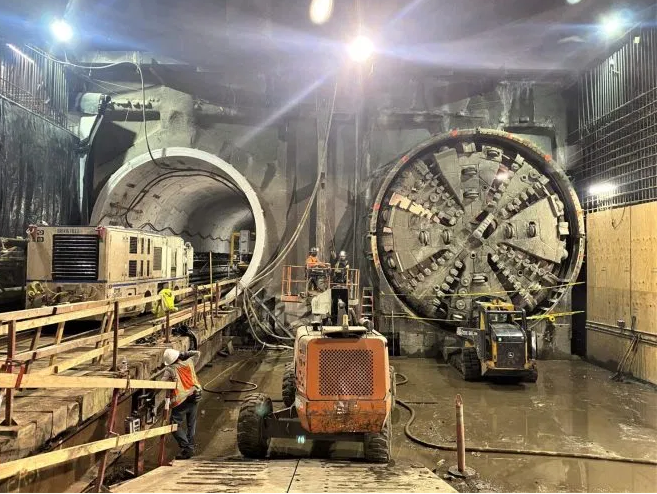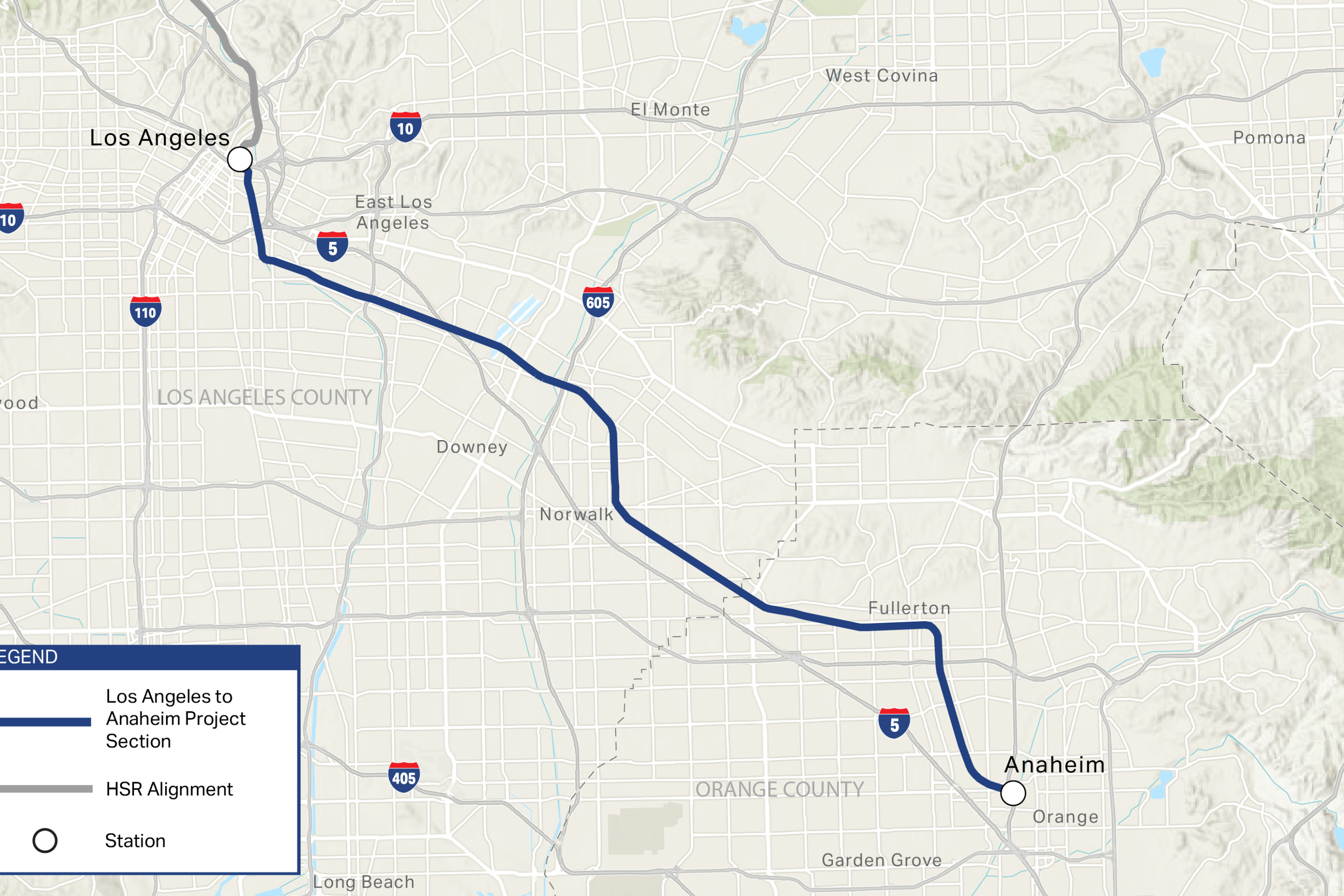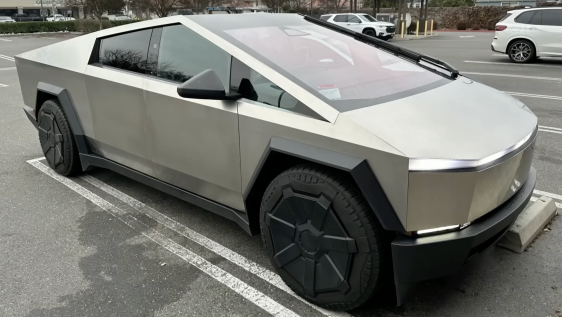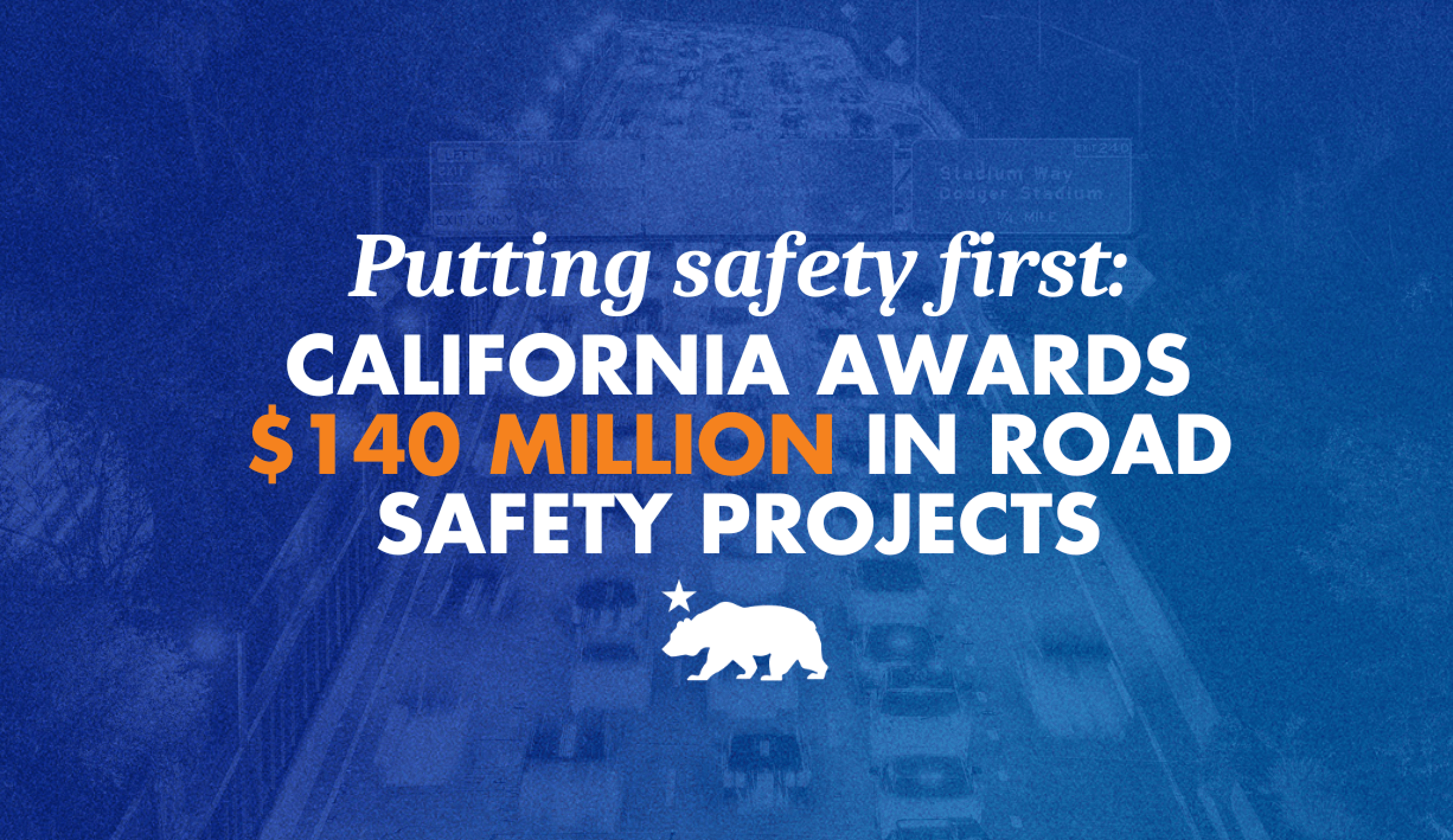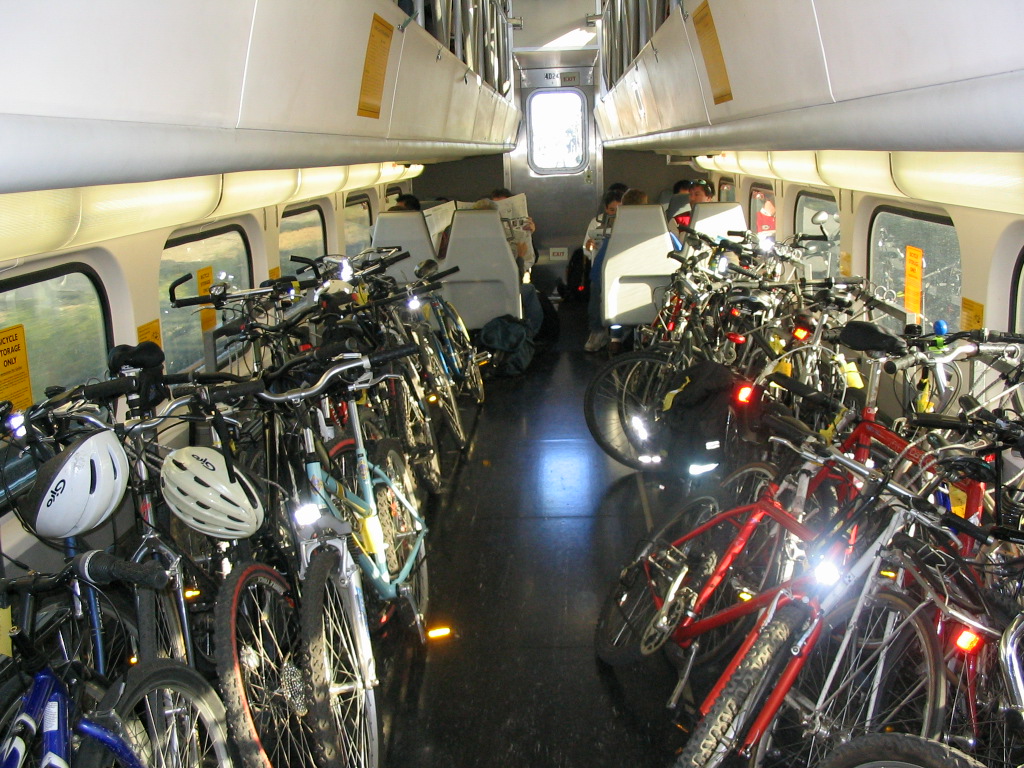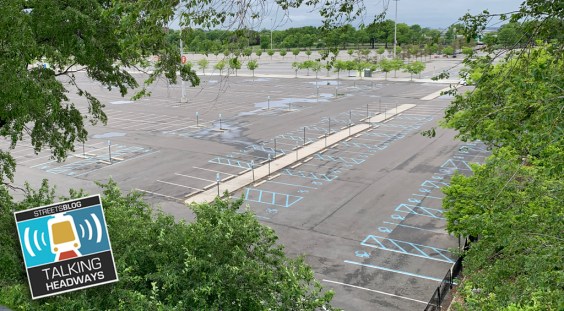Today, the Metro board approved a three-month "continuing resolution" budget. Under the COVID-19 recession, revenue is down. Even with L.A. County transit receiving a $1.068 billion allocation under the federal CARES Act, Metro will face cash flow issues, cost-cutting, and delays to projects not already under construction.
Assuming a COVID-19 recovery starting by September 2020, Metro is anticipating COVID-19 revenue losses at $1.8 billion.
While fare collection is essentially non-existent today, the big driver of the losses is sales tax revenue. The state has postponed sales tax deadlines. The taxes that have been and will be paid are declining under the COVID-19 recession.
Some help on the way with federal stimulus money, but that will take a while. CEO Phil Washington stated that Metro is unlikely to see any CARES money until around September/October.
In the CARES Act, congress approved $1.068 billion for transit in L.A. County, primarily for operations. Not all this money goes to Metro, but it is instead divided up among transit operators throughout L.A. County, including Foothill Transit, LADOT, Metrolink, and many others.
Today, the Metro board approved how the money will be allocated among the county's transit operators. Metro is slated to receive $735 million of the county's total.
Metro's allocations breakdown next goes to the regional planning agency Southern California Association of Governments. SCAG will approve an allocations breakdown, then submit it to the Federal Transit Administration for approval. After that Metro and other transit operators can submit invoices for reimburses; those invoices will take the same cumbersome administrative routing through SCAG to the FTA.
For the current and ongoing resolution budget, the board approved staff recommended cost-cutting measures.
Washington outlined a strategy that separates projects into two buckets. Bucket 1 will continue. Bucket 2 will be paused for an anticipated 3-6 months.
Bucket 1 includes: COVID-19 expenses (PPE, Cleaning), legally required payments, federal and state regulatory required activities, bus/rail operations, and projects already under construction contract. These include: Crenshaw/LAX, Regional Connector, Purple Line Extensions, Gold Line Foothill Extension, Patsaouras Bus Plaza, Airport Metro Connector, LinkUS (Phase 1), Willowbrook/Rosa Parks Station, Division 20 Portal Widening and Turnback, Light Rail Vehicle Acquisition Program, Bus Fleet Replacement (including electrification for buses and infrastructure for Orange Line only), and five highway projects.
Bucket 2 includes numerous planned rail, BRT, and highway projects. Many of these projects had been anticipated to be accelerated under initiatives including 28 by 2028. Washington states that the agency will continue to make sure these projects move toward being shovel-ready, especially in case of potential future federal stimulus infrastructure funding.
Further Metro cost containment measures include:
- a freeze on Metro hiring
- calling on Metro consultants to voluntarily freeze pay rates and reduce fees by two percent
- identifying potential cost reductions on projects that are proceeding
Even with these and Bucket 2 projects postponed, further budget issues are likely. Metro staff anticipate potential cash-flow deficits on the order of $100 million per month in the next few months.
The approved continuing resolution budget extends current spending levels through July, August, and September. Metro will develop its Fiscal Year 2020-21 budget anticipated to be approved by the board in September.
